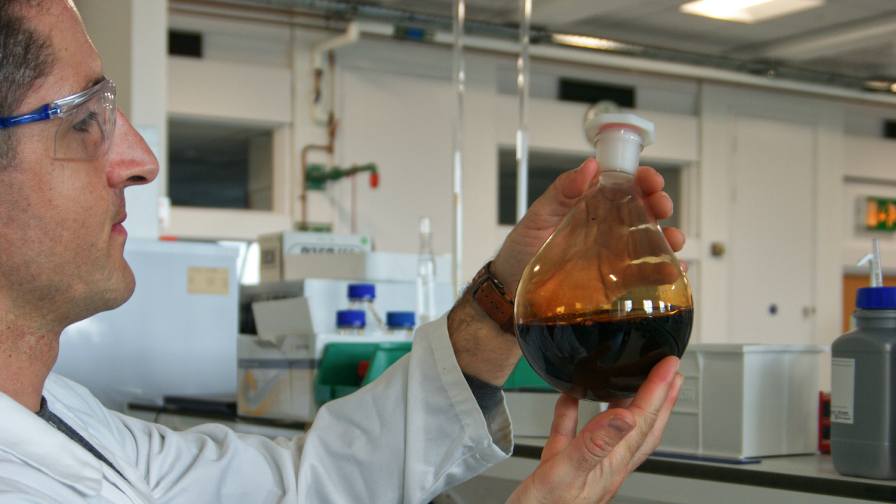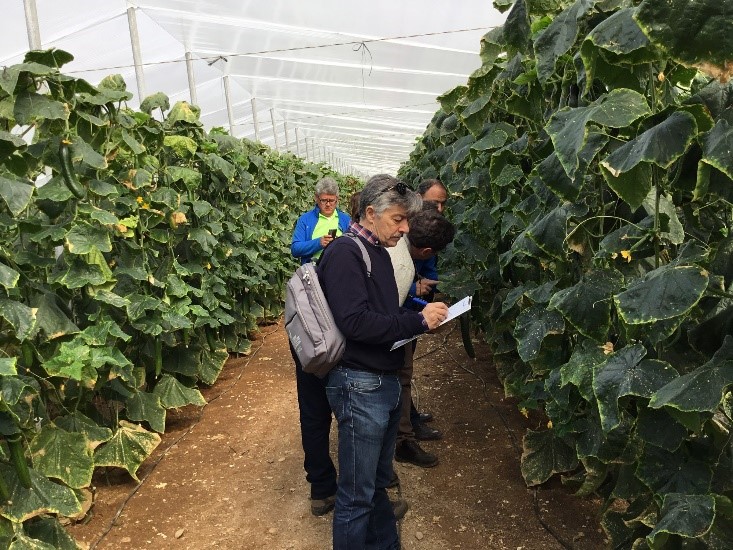Scientists Develop Root-Knot Nematode Resistance
University of Georgia professor Richard Hussey led the team to research the root knot nematode, which attacks nearly every food and fiber crop grown. The nematode invades plant roots, and by feeding on the roots’ cells, they cause the roots to grow large knots, damaging the crop and reducing its yields.
Working with assistant research scientist Guozhong Huang and research technician Rex Allen, Hussey discovered how to make plants resistant to root-knot nematode infection, a finding which “has the potential to revolutionize root-knot resistance in all crops,” Hussey said.
Using a technique called RNA interference, the researchers have effectively turned the nematode’s biology against itself. They genetically modified Arabidopsis, a model plant, to produce double-stranded RNA to knock out the specific parasitism gene in the nematode when it feeds on the plant roots.
“Equally important, our approach makes available a strategy for developing root-knot-nematode-resistant crops for which natural resistance genes do not exist,” Hussey said. Funding for the project came from the US Department of Agriculture’s Cooperative State Research, Education and Extension Service National Research Initiative and the University of Georgia.





